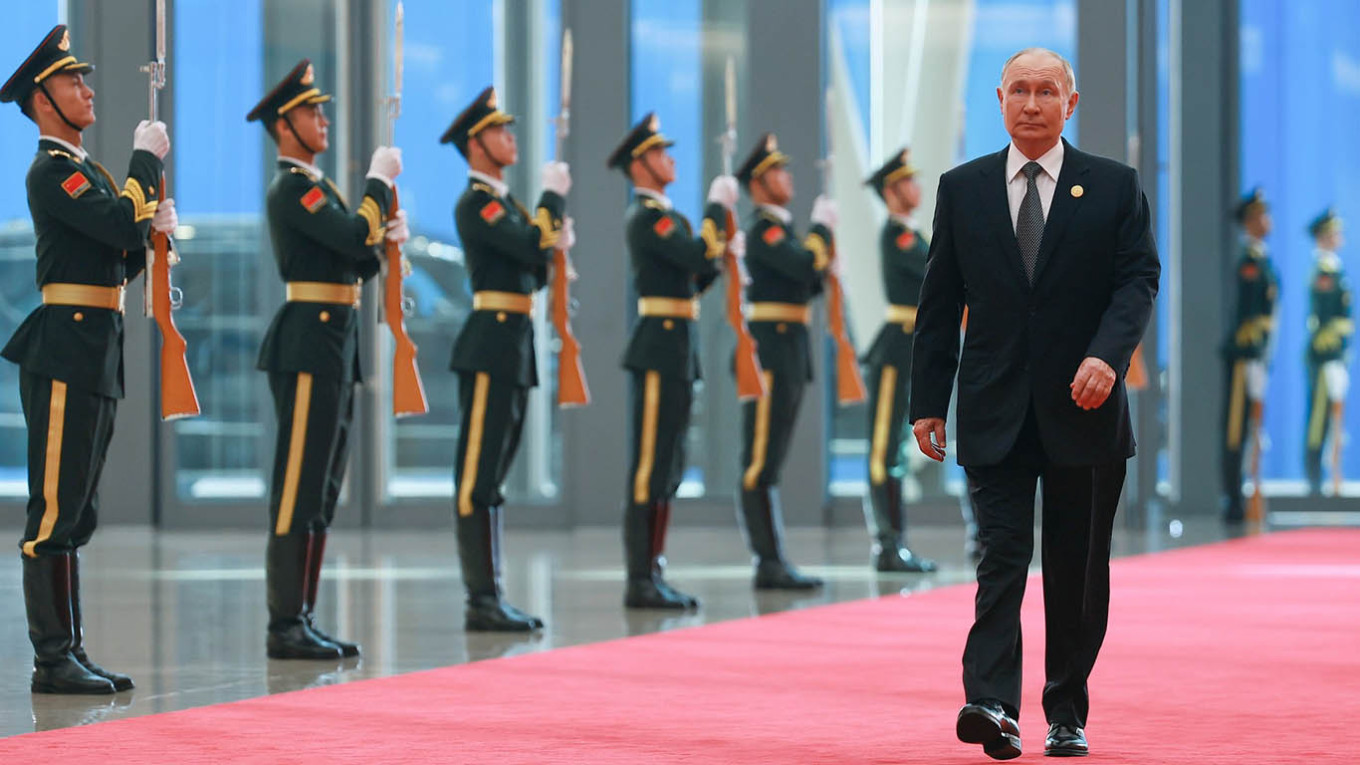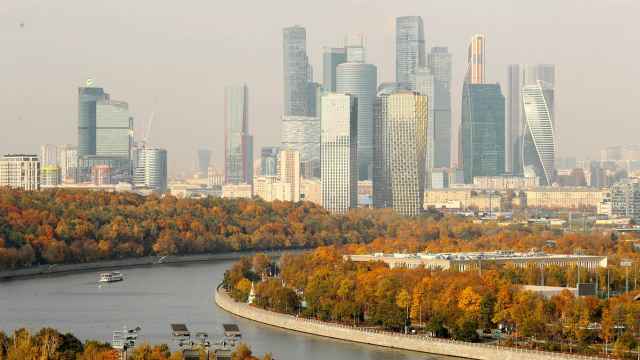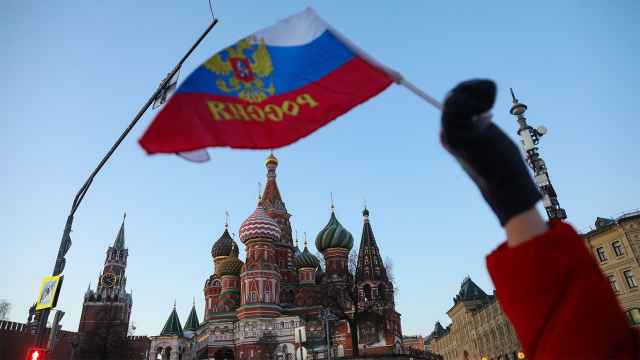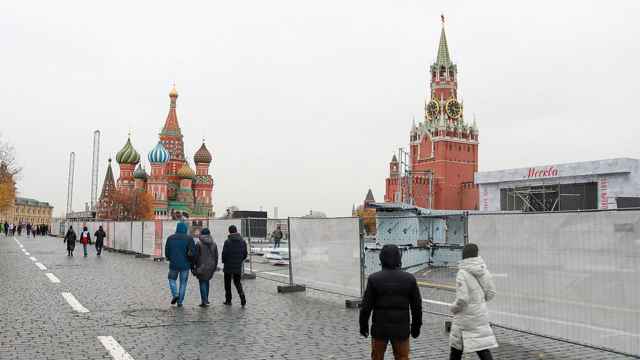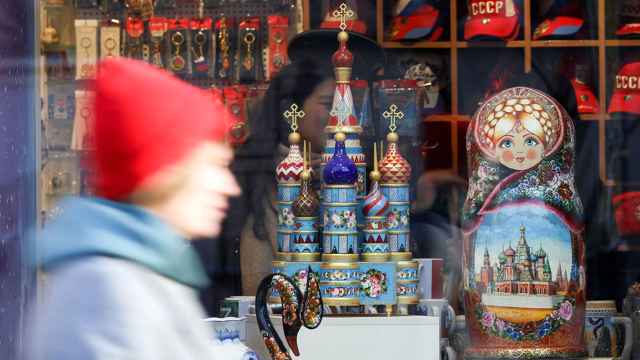Russian President Vladimir Putin strutted into this week’s Shanghai Cooperation Organization (SCO) summit vowing to free the world from “financial neo-colonialism.”
His remedy? Joint SCO bonds and shiny new institutions to rival the IMF and World Bank. The problem with this is not the ambition. It is the absence of trust.
On the eve of his meetings with Chinese Premier Xi Jinping, Indian Prime Minister Narendra Modi and other SCO leaders in the Chinese coastal city Tianjin, Putin declared that the bloc should issue joint debt and build its own financial infrastructure such as a joint payments system for trade settlements.
A new financial order would provide “equal and non-discriminatory access to its tools for all countries and reflecting the real standing of member states in the global economy,” said Putin.
The pitch sounds seductive. Who would not want to break free of the dollar, dodge Washington’s sanctions and shake off creaking institutions set up in the aftermath of World War II?
Emerging economies rightly want more of a voice at the Bretton Woods institutions, the IMF and World Bank, which were created in 1944 to manage postwar reconstruction and promote global financial stability.
Washington has often been too slow to concede ground. The dollar’s dominance gives the United States a powerful geopolitical lever — one it wields liberally through sanctions.
On paper, proposals for parallel institutions promise sovereignty and multipolar glory.
In reality, they are wishful thinking: institutional credibility cannot be decreed into existence.
The IMF and World Bank may be flawed, but they are pillars of global finance for a reason. Decades of institutional memory, technocratic processes, and published standards give them a legitimacy investors can actually bank on.
They are often criticised, sometimes rightly, for imposing austerity, entrenching Western preferences, or moving too slowly. Yet their governance is at least transparent and their conditionality, however resented, follows rules that can be understood.
Take the experience of my country, Ireland, during the 2010-2013 bailout: yes, the IMF measures were painful, but the terms were clear. The data published meant the process had accountability, giving both domestic stakeholders and international investors confidence in the outcome.
The answer is not to conjure a parallel universe of shadow institutions with paper credibility. The answer is to push for greater reform, transparency and representation within the structures that already command trust.
Consider Russia’s own record. Apart from the Central Bank, an institution that even critics admit has shown real professionalism, the country’s economic and legal governance has been riddled with political interference, opacity and selective enforcement.
Russia is not alone. Across much of the SCO, the weakness of the rule of law makes the idea of pooling financial trust almost laughable.
That trust is the true currency of the system. It is the one thing the SCO, BRICS and most Russian institutions conspicuously lack. Without it, all the talk of building bonds remains just talk.
It may sound visionary, but would investors gamble on bonds issued by a patchwork of SCO states with clashing credit ratings, divergent monetary policies, and little transparency? Even if China shouldered the risk, the “SCO bond” would look like a Chinese instrument wearing borrowed clothes.
There is also the practical matter of cohesion. The SCO is an alphabet soup of rivalries as much as a series of partnerships: India and China glare at each other across their border, Central Asian members jealously guard their sovereignty while Turkey plays both sides — with one foot in NATO.
Agreeing to a credible joint borrowing framework requires deep trust, harmonised oversight and legal safeguards. None of those exist within the bloc today.
By contrast, when the IMF steps in during a crisis, investors at least know the drill. The conditions may bite, but the rules are clear, the data audited and the board answerable to its member states. SCO or BRICS instruments offer none of that predictability.
And while Putin held forth on financial revolution, the real bargaining was happening elsewhere, over oil and gas pipelines.
Russia is the world’s second-largest crude exporter, with China and India its two biggest customers. Both have been demanding steep discounts since Western sanctions bit. Washington’s new tariffs on Indian imports, while sparing China, have tilted the game.
Beijing can sit back and squeeze, while Delhi has every incentive to haggle harder due to recent tariffs imposed by the Trump administration. That was probably the subtext when Modi and Putin climbed into the Russian president’s Aurus limousine on the sidelines: not lofty visions of multipolarity, but cold arithmetic about how cheap India’s oil would be.
Then came the Shanghai Surprise: news of progress on the long-mooted Power of Siberia 2 pipeline, first proposed in the mid-2000s as the Altai pipeline.
After years of stalled talks, the project is back in play, with Moscow desperate to redirect the gas it once pumped to Europe. That pipeline, if it is ever built, would matter far more to Russia’s bottom line than any fantasy of SCO bonds.
But the first pipeline offers a cautionary lesson: China secured a 30-year deal worth $400 billion at prices lower than Europe paid, showing just how much leverage Beijing holds.
That leverage has only grown since the invasion of Ukraine, as China has become Russia’s key partner in circumventing Western sanctions, buying discounted commodities and providing financing that European markets now shy away from.
Putin’s grand gestures in Tianjin will be judged not by bonds, but by barrels and concessions. It underscores a simple truth: despite all the talk of joint debt and financial emancipation, real influence in the SCO flows through energy.
Oil and gas keep the Russian economy afloat, and energy diplomacy drives the bloc’s balance of power. Grand designs for alternative financial orders make headlines, but barrels sold at a markdown or pipelines promised to China are what actually pay for the war in Ukraine.
To be sure, Putin has a point. The IMF and World Bank remain dominated by advanced economies, and the dollar’s supremacy gives Washington an unmatched sanctions arsenal. Emerging economies are right to demand a stronger voice. But the solution lies in reforming existing institutions, not conjuring flimsy substitutes that cannot command investor trust.
Slogans about “neo-colonialism” may score applause in Tianjin. But finance is unforgiving. Bonds without buyers are worthless. Institutions without credibility are façades.
If Putin genuinely wants to challenge Western dominance, he should start by protecting the independence of the very body that commands respect in Moscow — the Russian Central Bank — rather than undermining it with politics.
The SCO may eventually evolve into a forum with more than symbolic economic weight. For now, its grand declarations will remain just that — declarations. Bonds with no buyers are just empty promises.
Until then, the SCO will remain better at issuing communiqués than credit.
A Message from The Moscow Times:
Dear readers,
We are facing unprecedented challenges. Russia's Prosecutor General's Office has designated The Moscow Times as an "undesirable" organization, criminalizing our work and putting our staff at risk of prosecution. This follows our earlier unjust labeling as a "foreign agent."
These actions are direct attempts to silence independent journalism in Russia. The authorities claim our work "discredits the decisions of the Russian leadership." We see things differently: we strive to provide accurate, unbiased reporting on Russia.
We, the journalists of The Moscow Times, refuse to be silenced. But to continue our work, we need your help.
Your support, no matter how small, makes a world of difference. If you can, please support us monthly starting from just $2. It's quick to set up, and every contribution makes a significant impact.
By supporting The Moscow Times, you're defending open, independent journalism in the face of repression. Thank you for standing with us.
Remind me later.



